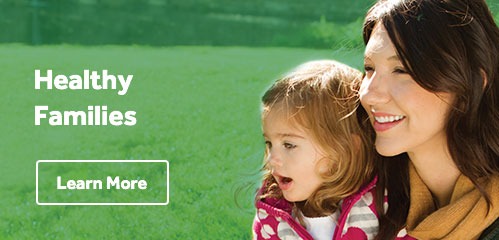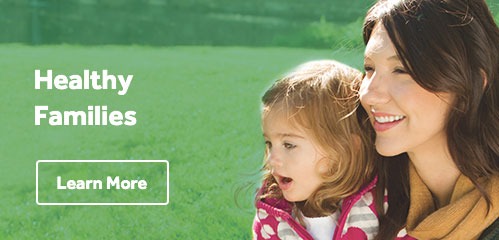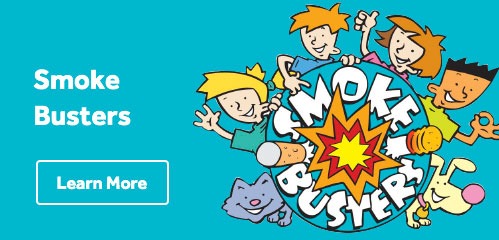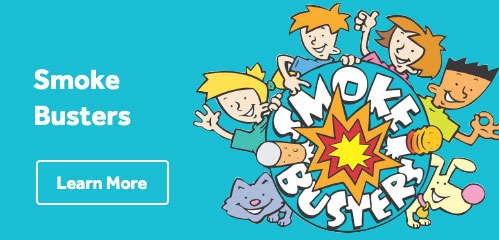Smoking causes one third of all cancer deaths in Northern Ireland and is our greatest cause of preventable ill health. It not only increases the risk of cancer for the smoker but also for everyone else around them.
Help to stop
Want to stop smoking? We are here to help. Cancer Focus NI’s award-winning Stop Smoking service is funded by the Public Health Agency in GP practices, health and wellbeing centres, community, workplace and youth settings including schools.
Fill in this ONLINE FORM and we’ll get in touch.
This service consistently have a quit success rate of 68% in four weeks – well above the NICE guideline of 35%. See details of our clinics here and check out the below video for a good overview on the service we offer.
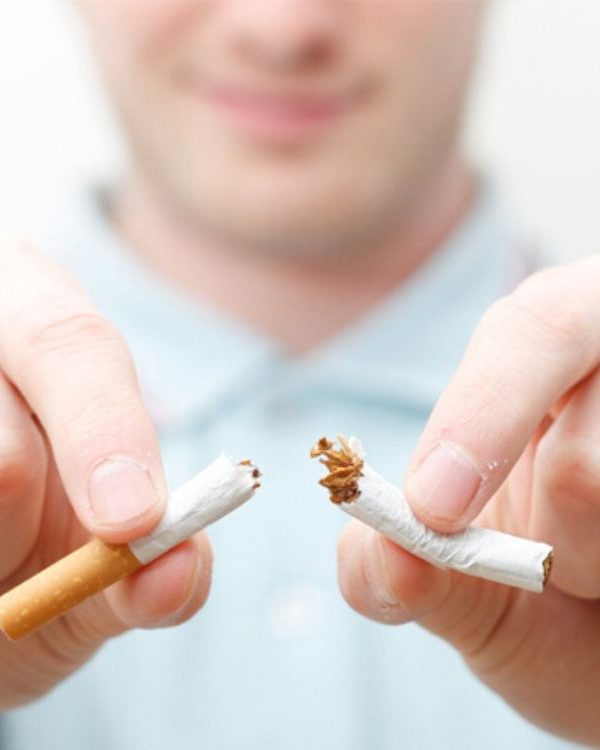
Do you want to stop smoking? We can help.
Fill in the form below and we’ll get in touch, or contact us on 028 9066 3281/ behealthy@cancerfocusni.org.
Click here for more information about smoking and cancer.
What is passive smoking?
Passive smoking is when people breathe in the second-hand smoke given off from cigarettes. Breathing in someone else’s cigarette fumes can increase your risk of cancer and other health problems including heart disease, heart attack, heart failure and strokes.
If you’re a parent who smokes, try to lead by example and quit. As well as improving your health and theirs, your children may be less likely to start later in life.
How can I quit ?
If you would like to quit, we can help. We can give you support and advice through our Stop Smoking Services. We can advise about Nicotine Replacement Therapies (NRT) that can be tailored to your individual needs. Remember that you’re four times more likely to quit if you attend a specialist service and use NRT.
Children
The average age for starting smoking is 12 and children who grow up with a parent or family member who smokes are three times more likely to start themselves. This may be a result of peer pressure or learnt behaviour from adults. It’s important we make children aware of the dangers so that they never start.
Breathing in second-hand fumes is particularly harmful for children. They have an increased risk of:
- Cot death (sudden infant death syndrome) – this is twice as likely in babies whose mothers smoke
- Developing asthma – smoke can trigger asthma attacks in children who already have the condition
- Serious respiratory (breathing) conditions such as bronchitis and pneumonia – younger children are much more likely to be admitted to hospital for a serious respiratory infection
- Meningitis
- Coughs and colds
- Middle ear disease (a middle ear infection) – this can cause hearing loss
For more help to stop visit www.stopsmokingni.info



